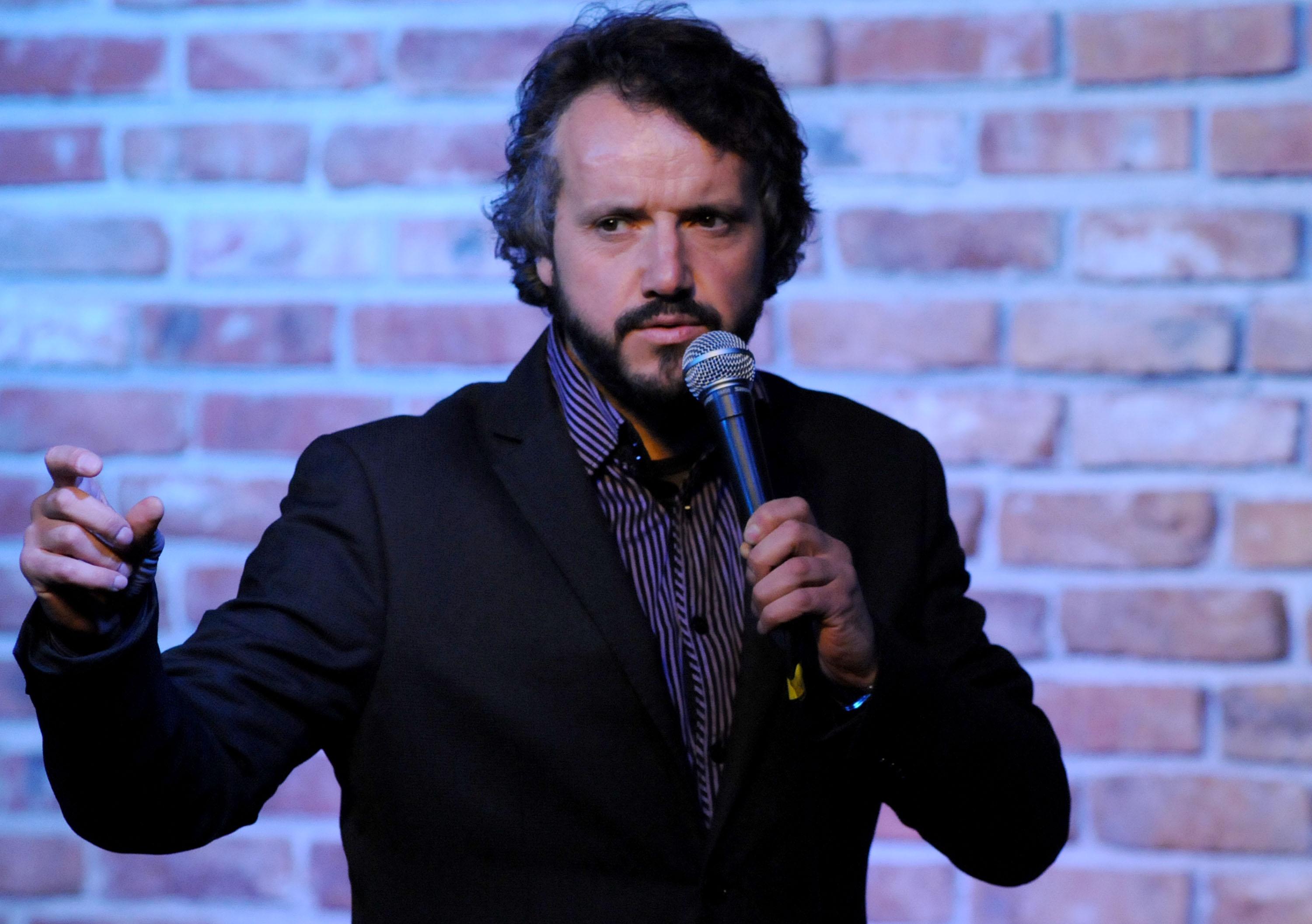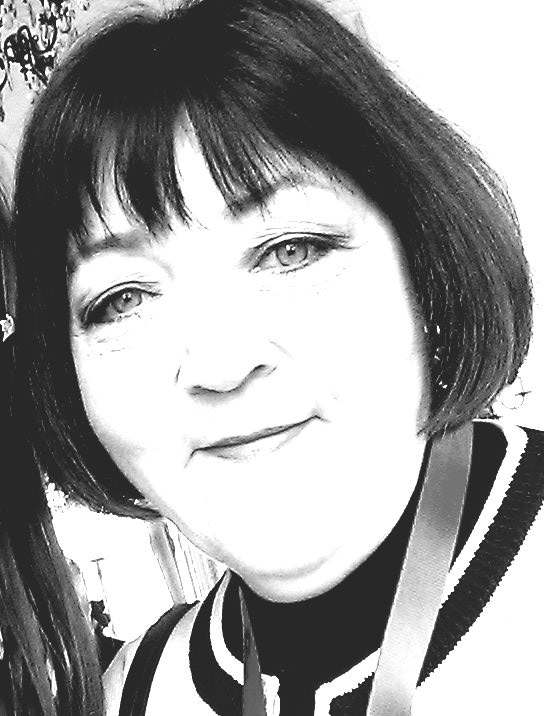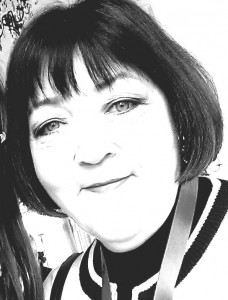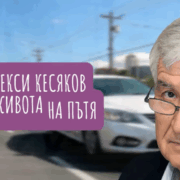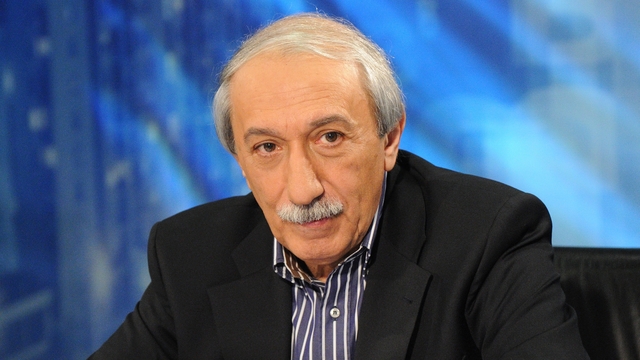Where – in regards with communications – Mary Jo Jacobi Jephson turns to peace over and over again.
Business card: Mary Jo Jacobi is an expert in communications with decades of experience in public and corporate sectors. She holds extensive expertise in reputation, crisis and brand management. Companies for which she worked include Drexel Burnham Lambert, HSBC Holdings, Lehman Brothers Holdings Inc., Royal Dutch Shell and BP America. She has been a Visiting Fellow of Leeds University Business School and Oxford University Centre for Corporate Reputation Mrs. Jephson was appointed to office by two presidential administrations (George H W Bush and Ronald Reagan), HM Queen Elizabeth II and Prime Minister David Cameron. She currently serves on two Corporate Boards on which I currently serve: The Weir Group plc. and Mulvaney Capital Management.
Women like Mary Jo Jacobi Jephson are tough to interview, with toughness starting from one’s own head and remaining paradoxically there. Distance unintentionally occurs only by the virtue of one’s own timidity at the door of the True expert. Her hardy certitude helps her stay modest, calm and hospitable advisor, that authentic communicator whose professionalism and experience build bridges above any kind of gaps. They rally and inspire. They invite each collocutor to the level of their own equanimity and preparedness.
When I think about her as a PR practitioner, weathered by thousands of storms, with interesting destinies as well as true challenges on her way, these few strophes imperceptibly steal in my mind:
”Life is mostly froth and bubble, Two things stand like stone, kindness in another’s trouble, courage in your own.“
Any PR expert is worth it to sometimes spend thoughts over those two, to take them out of the treasury of experience and to examine them precisely.
We asked Mrs. Jephson to offer us her visions about the responsibilities attached to the role of a professional communicator; the strategic qualities expected by it; toughness of post crisis assessments; art of negotiations, and last (but not least) – about love as a reason behind communication.
Mrs. Jephson, your biography is impressive. How does a standard day in life of someone with obviously so massive interests take place?
I am now managing a portfolio of interests, rather than full-time employment, so my life is very different from my time at, say Royal Dutch Shell. I serve on two boards of directors in the UK, I advise clients on their reputations and brands, and I am involved with philanthropy. The biggest challenge is keeping up with the volume of reading and with rapid changes in the media and the marketplace. Social media require a great deal of attention to stay up to date!
„Since we cannot change reality, let us change the eyes which see reality.“ – Nikos Kazantzakis.Was it concluded correctly? Why does adapting senses appear to be technically far more accessible than trying to change reality?
The role of Public Relations and Communications is to help people understand what an organization is doing and why, to help interpret reality and build better awareness, knowledge and understanding. Our responsibility is to inform opinion through clear, consistent, simple and swift communications so that others might get a better understanding of what can sometimes be difficult and complex issues.
You have rich and wide expertise from political to crisis communications. Which qualities help a communications consultant stay useful within such an extensive range?
A consultant can only add value to clients by developing a deep and broad understanding of the client’s business and the issues in which the client is involved, within the organisation and in the external markets. The most important quality is the ability to listen, to listen to the client and its stakeholders and interpret those messages into effective messages and actions for the client. Other qualities are patience and perseverance, being aware that change comes slowly.
What advantages could a female PR expert rely on while fighting on behalf of her management? Where do you see females in this profession 10 years ahead?
PR, Communications and Marketing have been fields where women have excelled for many years and where their presence continues to grow and flourish. When I first began working there weren’t very many women, but today we are leaders in the field. I think this is because we are natural listeners, we are empathetic, we are patient, and we excel at communicating, both in writing and verbally. These traits can be seen in test results of girls versus boys in schools. These qualities stay with us as we mature, and we use them to our advantage in business. I think the future is very bright and full of opportunities for young women entering the workforce. But we need to remember that long-term success demands commitment, determination, and self-belief.
You were appointed by President Ronald Reagan to his Advisory Committee on Trade Negotiations. Tell us how in your observations should an expert negotiate in order to fail themselves and the team?
The President’s Advisory Committee on Trade Negotiations, as it was known when I was a member, provided advice to US officials on issues affecting the United States’ position on international trade and investment. Today it is called the Advisory Committee on Trade Policy and Negotiations. It advises but it does not negotiate on behalf of the United States.
Negotiations are always delicate matters, whether they involve trade, labor relations or business transactions. They involve give and take, and the best outcome is for both sides to achieve at least some, but possibly not all, of their objectives by finding a middle ground that is acceptable from both perspectives. Sometimes such middle ground is impossible to achieve, and negotiators much walk away rather than give up elements that are vital to their interests. Sometimes the negotiators must walk away in the short term to achieve greater success when returning to the negotiations in the long term. The American baseball player Stan Musial once said, “The first principle of contract negotiations is don’t remind them of what you did in the past – tell them what you’re going to do in the future.”
President Reagan is believed to have said once that peace is not absence of conflict, it is the ability to handle conflict by peaceful means. At what stage in negotiations between hostile sides is this belief still applicable?
I have enduring admiration for President Reagan and for his many accomplishments as President of the United States, particularly in international affairs. Peace is always the preferred option and it should always be the objective and the preferred approach. President Kennedy once said, “Let us never negotiate out of fear. But let us never fear to negotiate.” And President Reagan said, “I believe with all my heart that our first priority must be world peace. And that the use of force is always and only a last resort. When everything else has failed….”
You were involved in working with BP on their response to the Gulf of Mexico oil spill in USA. You have probably been asked to tell this story many times. Would you share with the readers of “LuboslovieBG” the exclusive lessons you’ve gained along with this experience?
These are the lessons I’ve learned from every crisis with which I’ve been involved: involve the most senior executives immediately; express sorrow for loss of life immediately and often; empathizing with those who have lost so much; respond to the crisis quickly with as much information as possible and continue to provide information as quickly as possible; listen to stakeholders and work with them to try address their issues early and continuously, showing understanding and conveying a willingness to work toward a resolution of the problem; dedicate the most senior team possible to work full-time until the crisis is resolved; think before you speak, bearing in mind that words matter and have meaning and can easily be misunderstood.
Whom does the aftermath apply to, and which should be the joint tasks before an organization and media immediately after a crisis?
In crisis management there is what we call the Golden Hour, the immediate period after a crisis occurs. The Golden Hour comes from medicine, and refers to that brief time period following a traumatic injury when there is the greatest possibility for intervention to succeed. In crisis management, it refers to that short time in which the organisations must be most mindful that the public expects information and reactions from them immediately, often before full facts can be assembled. What is said and done in that immediate aftermath affects the organisation’s reputation for the long term. Therefore it is vital that organizations prepare themselves for crises by reviewing what could happen and planning for how to deal with it before it does happen.
Press freedom in Bulgaria is ranked in 100th place (out of 180), or EU’s lowest in the 2014 freedom of the press index compiled by Reporters Without Borders (RWB). Which are the useful moves for PR experts to gain objective partnerships from the side of media?
As in negotiations, understanding the objectives and needs of the other side can help you succeed. So PR professionals should keep in mind that the media are businesses and the job of reporters is to report the news and also to help their news organisations succeed and make money. We should cultivate relationships with reporters, providing them with information and sources to build their understanding of our industries and our organisations. We should be a resource for reporters, working to build long-term relationships.
Which recommendations might help both sides preserve their professional dignity regardless of the conjuncture?
Sometimes it is necessary to agree to disagree. We must do our jobs and we must understand that the other side must do its job. And we must always maintain an atmosphere of professionalism and openness, avoiding letting any disagreement become personal and vindictive. The key is to keep a positive attitude and to preserve the working relationship for the future, to try to work together successfully over the long term.
Love for speech is associated with primary significance of speech as a civilization chain between human belongings. In what circumstances could a clash not be overcome by the virtue of this love according to you?
Love is understanding and accepting the value and worth of others and listening to what they have to say. Again quoting President Reagan, “I know in my heart that man is good. That what is right will always eventually triumph. And there’s purpose and worth to each and every life.”
Interviewer: Maria Todorova, 06.04.2015
[spider_facebook id=“1″]

